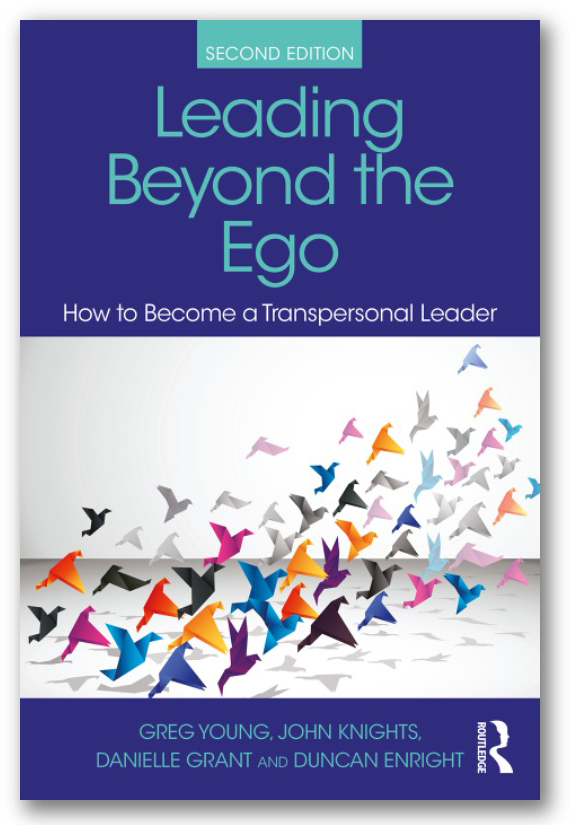LeaderShape HAS INTEGRATED KEY RESEARCH findings regarding organisational culture to develop a unique way of shaping the culture of your organisation for improved performance. We identify the current and ideal culture according to the people in different parts of your organisation using our proprietary LOCS © survey (LeaderShape Organisational Culture Shaper). Using the output from LOCS, a series of workshops then identify key behaviours and actions that need changing to achieve the ideal culture. LeaderShape business leaders have extensive experience in the fields of Neuroscience, Emotional Intelligence and Transpersonal Leadership. As thought-leaders we believe leadership development only happens through embedding new behaviours and LOCS has proven success in a range of private and public sector environments.
Take a look at our brochure showing how LOCS © works here
Benefits to Participants:
A better place to work. Enables staff to be more effective. Supports continuous improvement. Helps staff to enjoy their work.
Benefits to Organisations:
Produces improved, sustainable performance. Aids improvement and retention of staff, decreasing absenteeism. Increases productivity. Develops employees – increasing the value of your people to your organisation.
Typical programmes:
Culture Shaper leading to Culture Change.
- Assess the demographic of the organisation and decide who should complete the LOCS © on-line survey.
- Complete survey and analyse findings, especially differences between culture in different parts of the organisation, the difference between “Actual” and “Ideal” culture, and commonality of “Ideal” in different parts of the organisation.
- Identify key areas where change will make the most significant difference and is supported by most people.
- Run a series of workshops to provide appropriate learning and interventions to support successful implementation.
- Monitor and measure change.
Master Class Module on Shaping Culture.
This module is intended to create awareness of what is required of leaders to shape a new culture and is usually preceded by modules on 'Understanding the Essence of Leadership' and 'Awareness of the Importance of Emotional Intelligence and Leadership Styles.'The following are core ideas:
- First-class leaders produce organisational performance indirectly through setting the right climate for a performance enhancing culture.
- Culture can be defined best as a combination of Power, Structure, Achievement and Support. Our experience is that most people in most organisations, however diverse, have the same view of the Ideal culture.
- There is a direct link between leadership styles and the culture of the organisation.
- Success in shaping culture depends on a contract between leaders and individuals where each commit to the other and expectations are clearly understood.
The LOCS © (LeaderShape Online Culture Shaper) must have the commitment of senior management to do something about the findings.The 'Shaping Culture' module is suitable for all managers but should start with the understanding and commitment to change from senior management.
Why do we measure both the current and ideal Cultures? Most culture surveys just give a momentary snap shot of the perceived culture of an organisation. Identifying the Ideal culture provides additional benefits:
- Clear, early identification of significant differences.
- A rich engaging dialogue to find the best “Ideal” culture is established and owned throughout the organisation.
- It provides an opportunity for senior leaders to explain and influence other levels as well as listening to diverging opinions.
- It provides the ideal opportunity to create a process that engages the maximum number of people in contributing to the necessary changes.
Click the file below to see more details of LeaderShape's proven model- the LeaderShape Organisational Culture Shaper survey (LOCS ©) - to define the current culture of your organisation and understand practical steps to take to get you to an ideal culture, from that starting position.
Find out how LOCS © works here:

